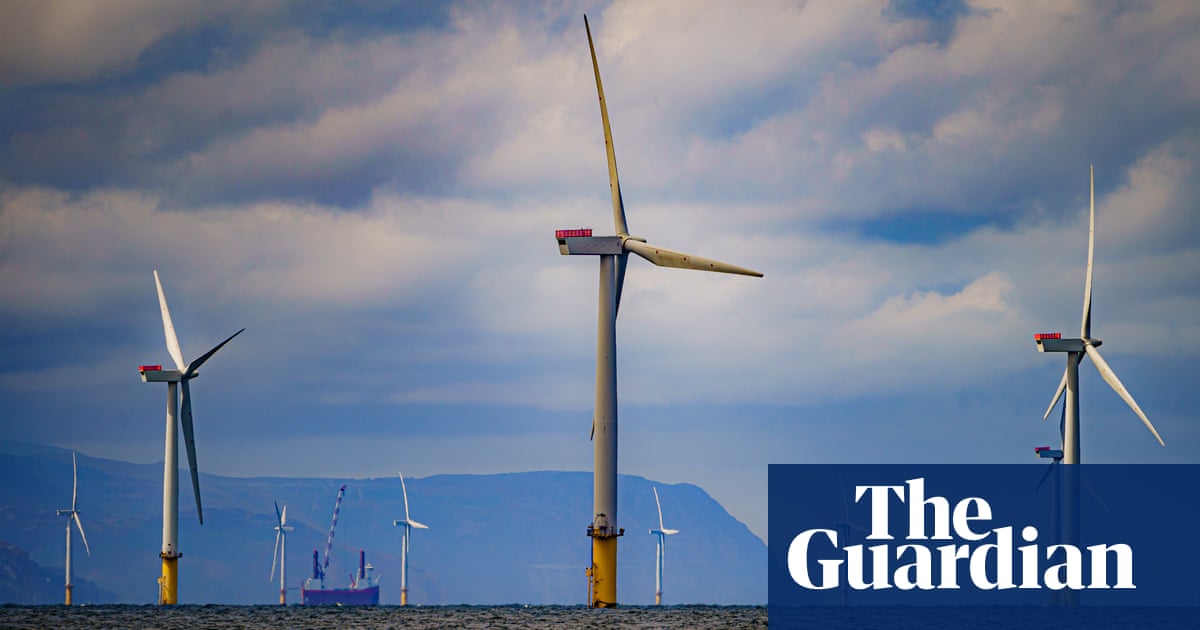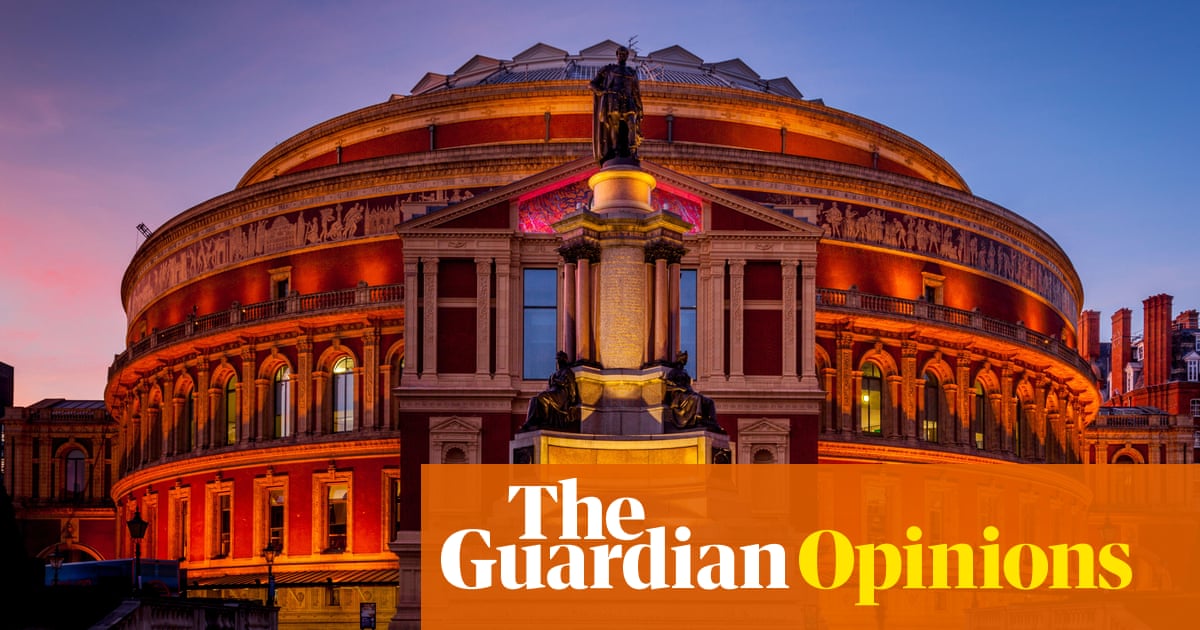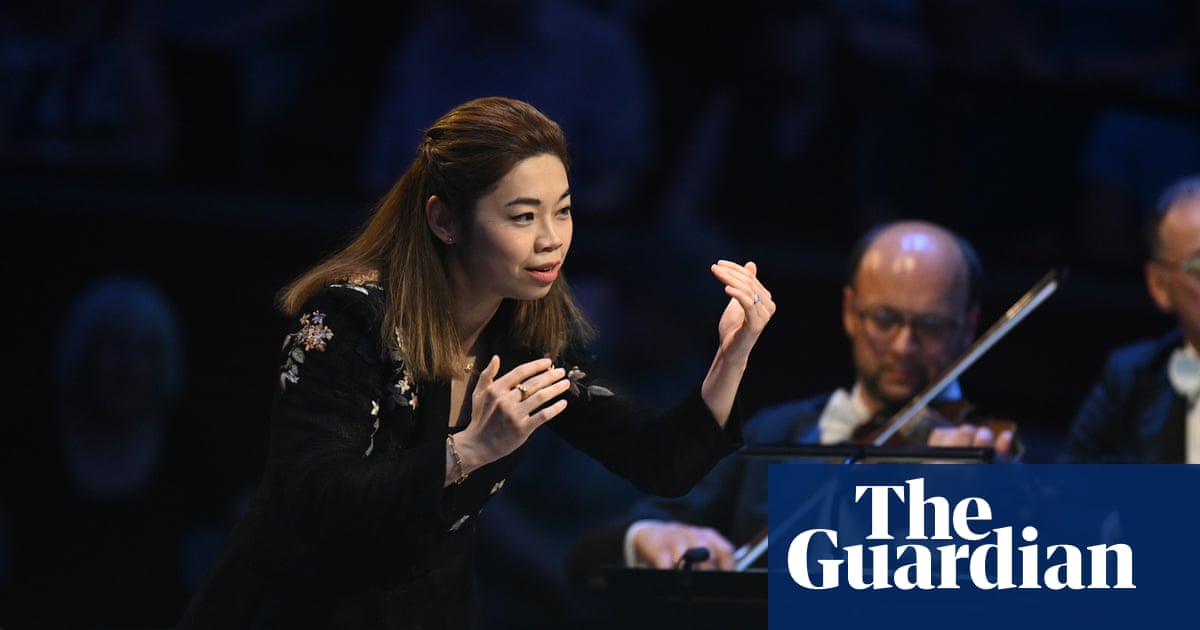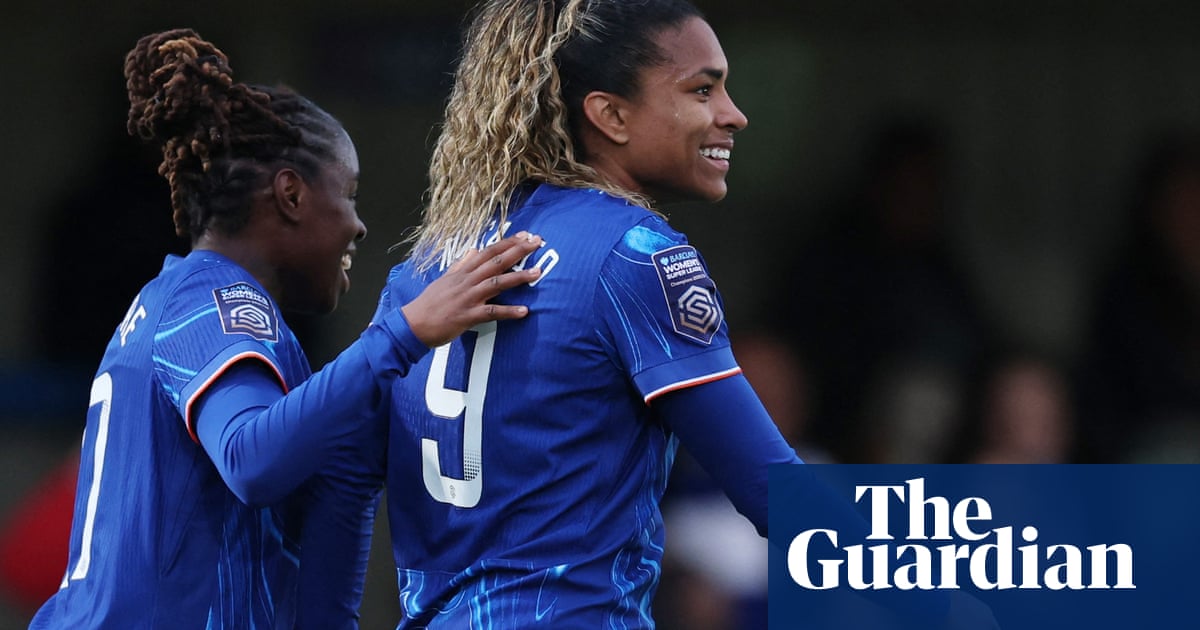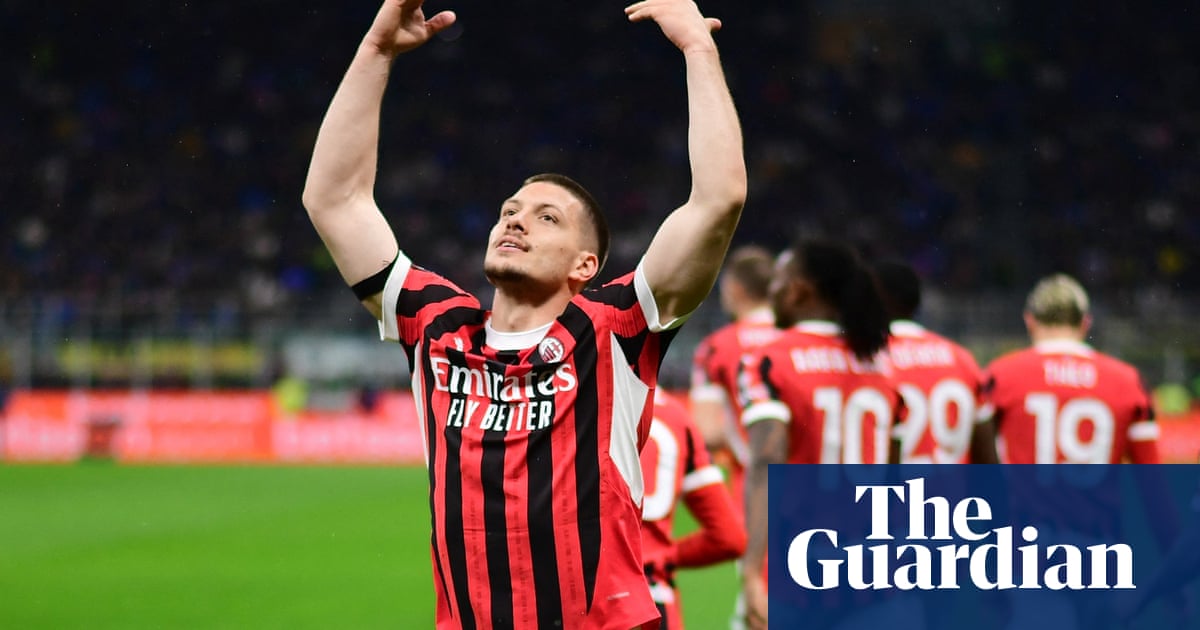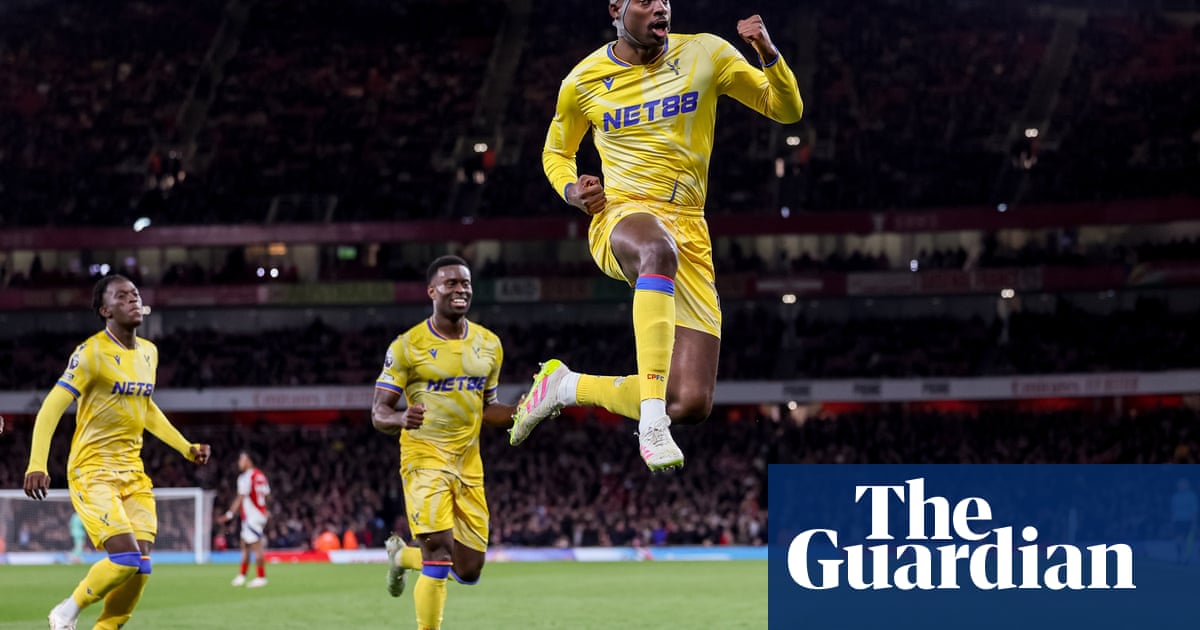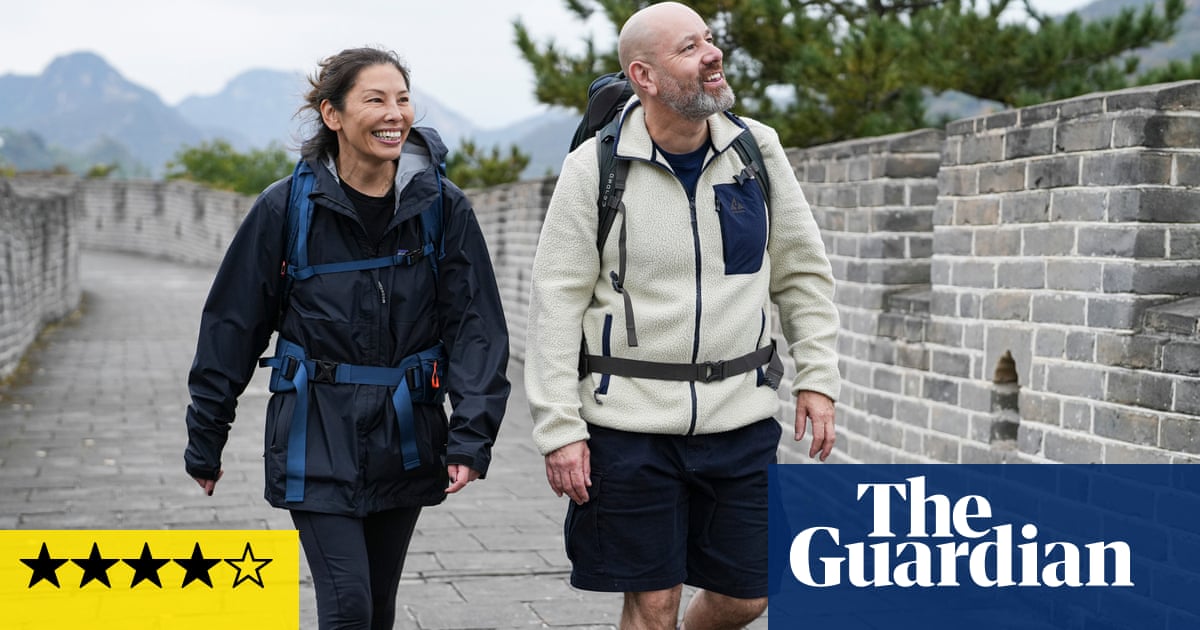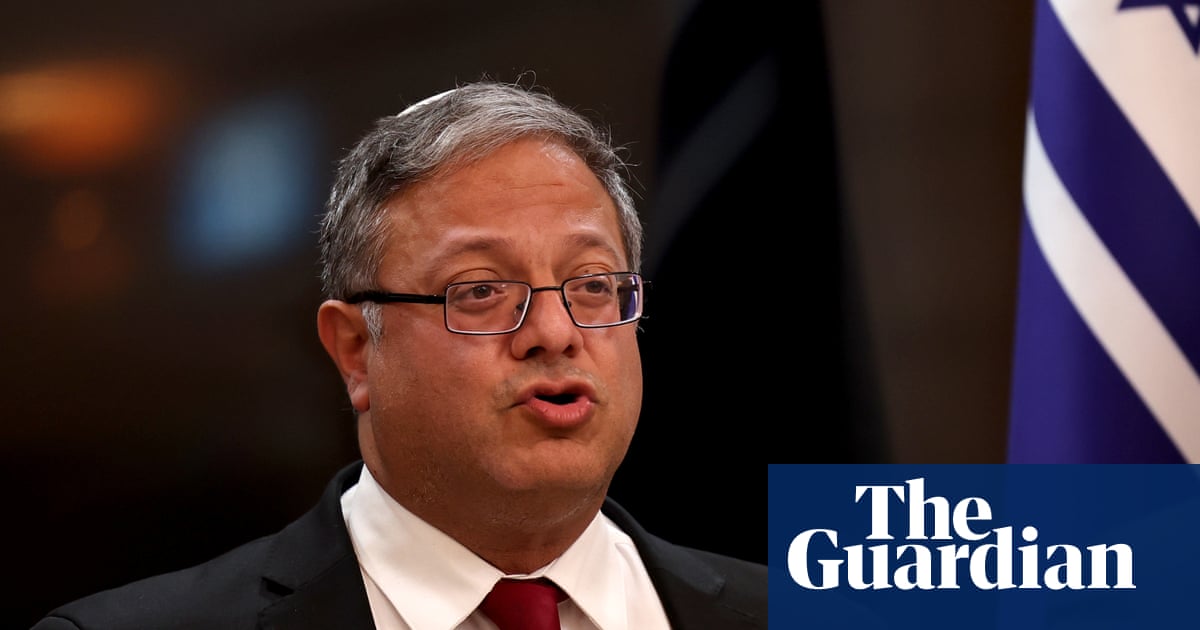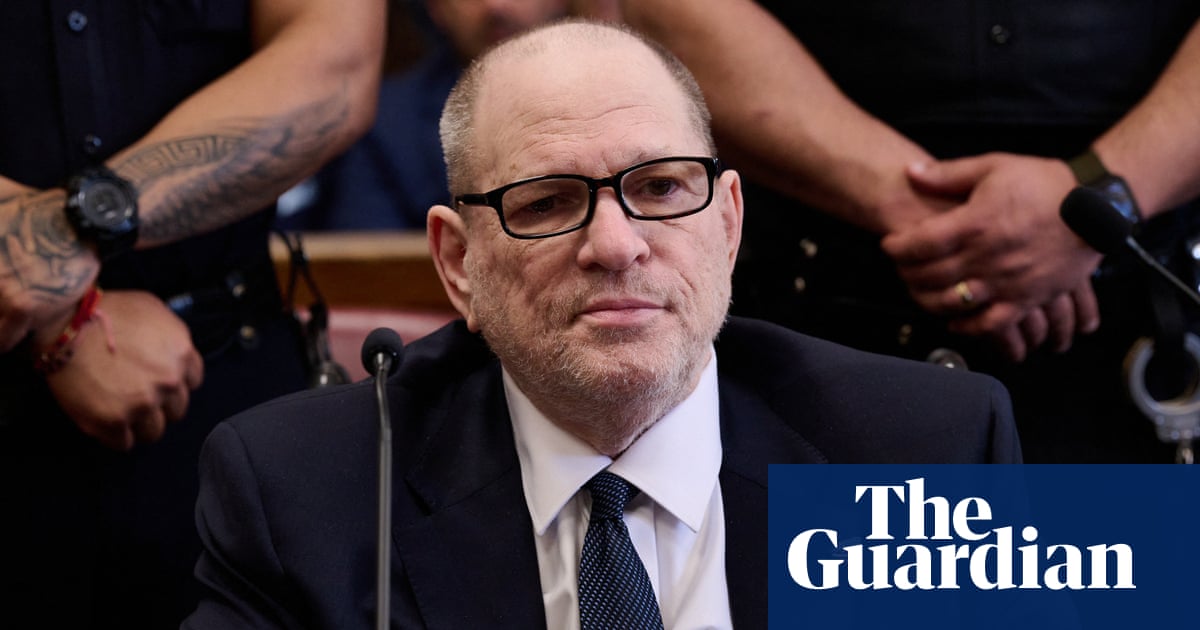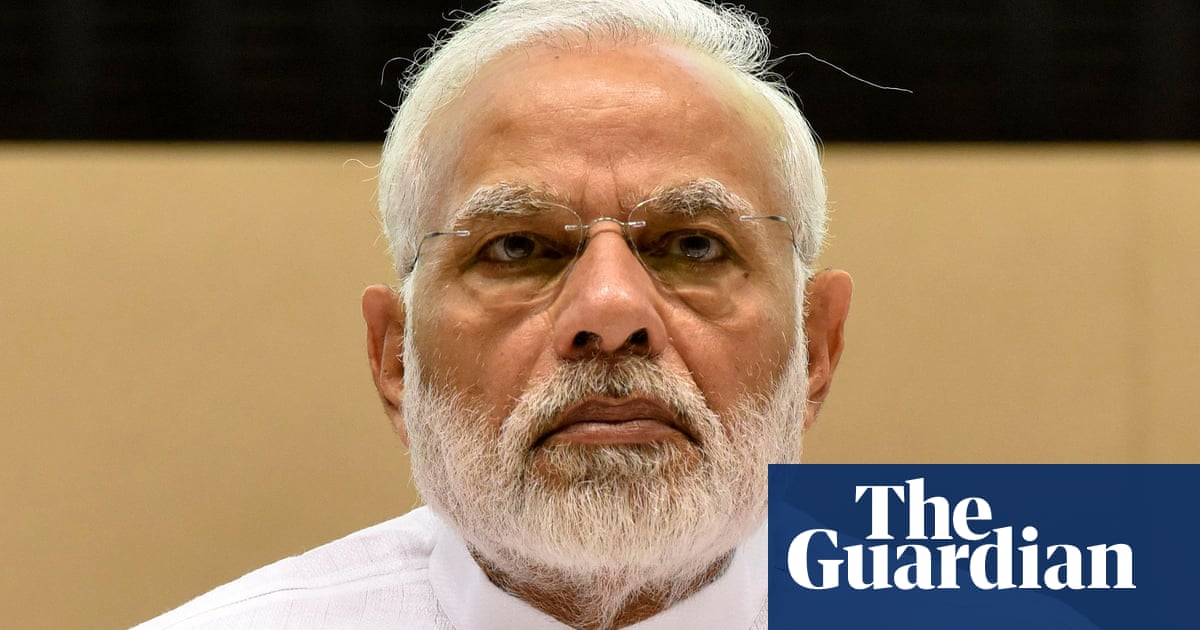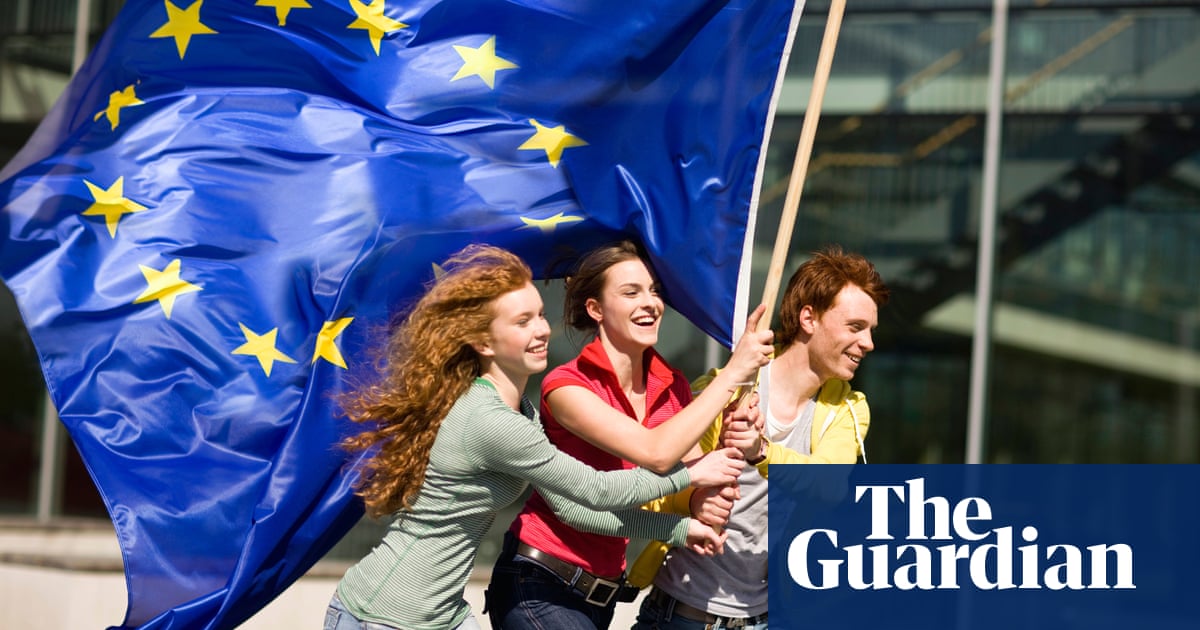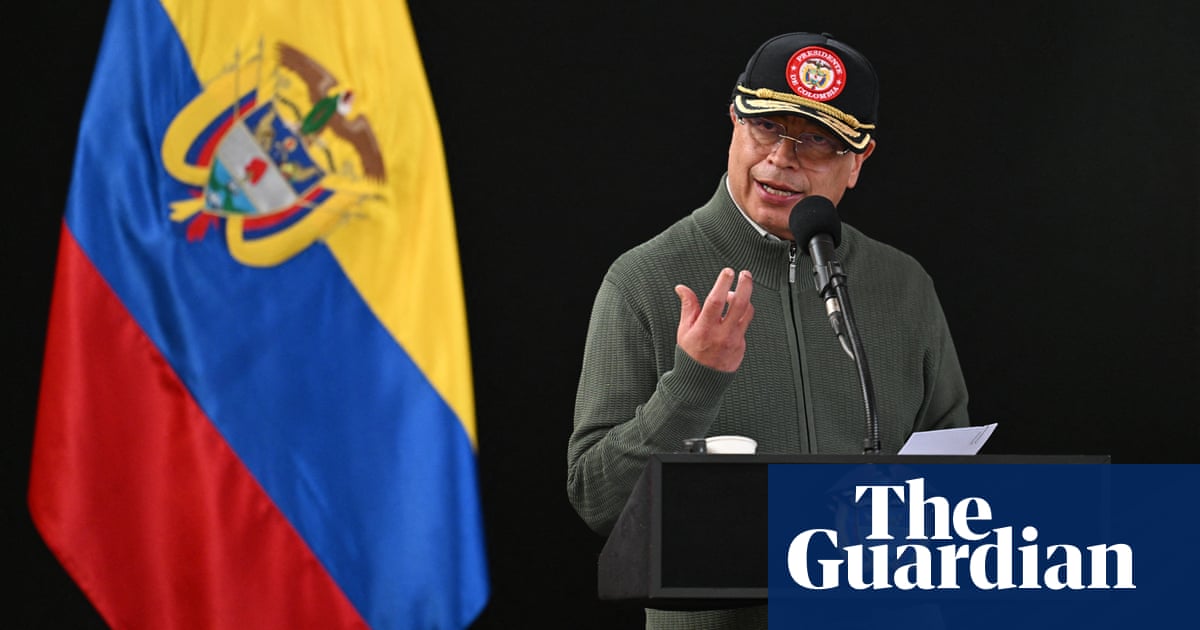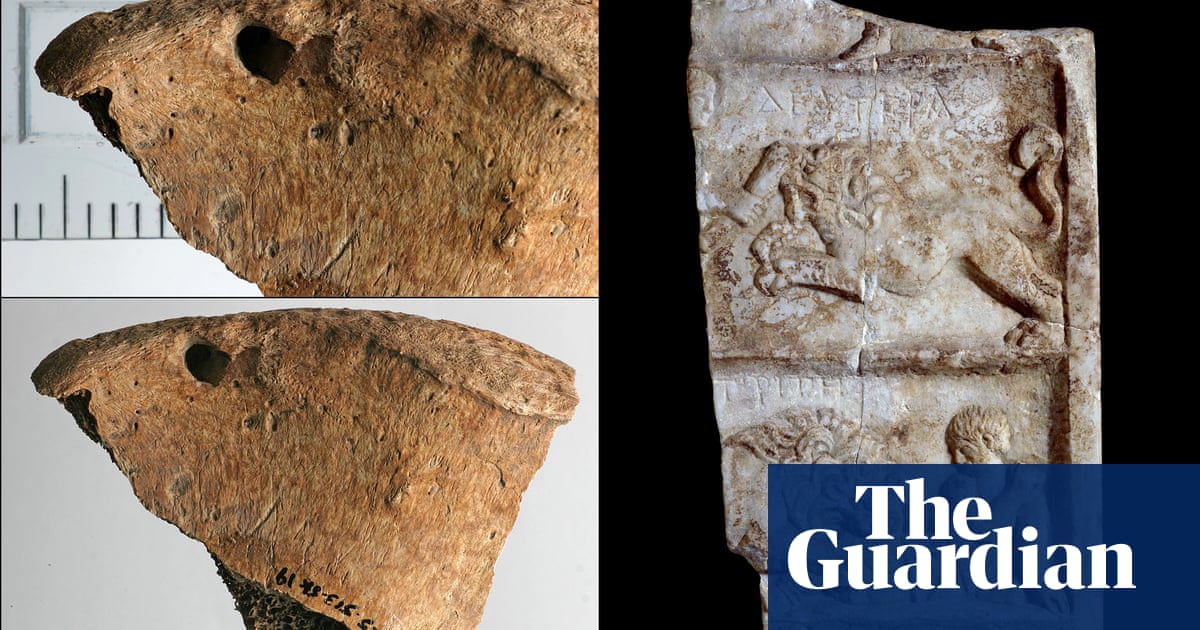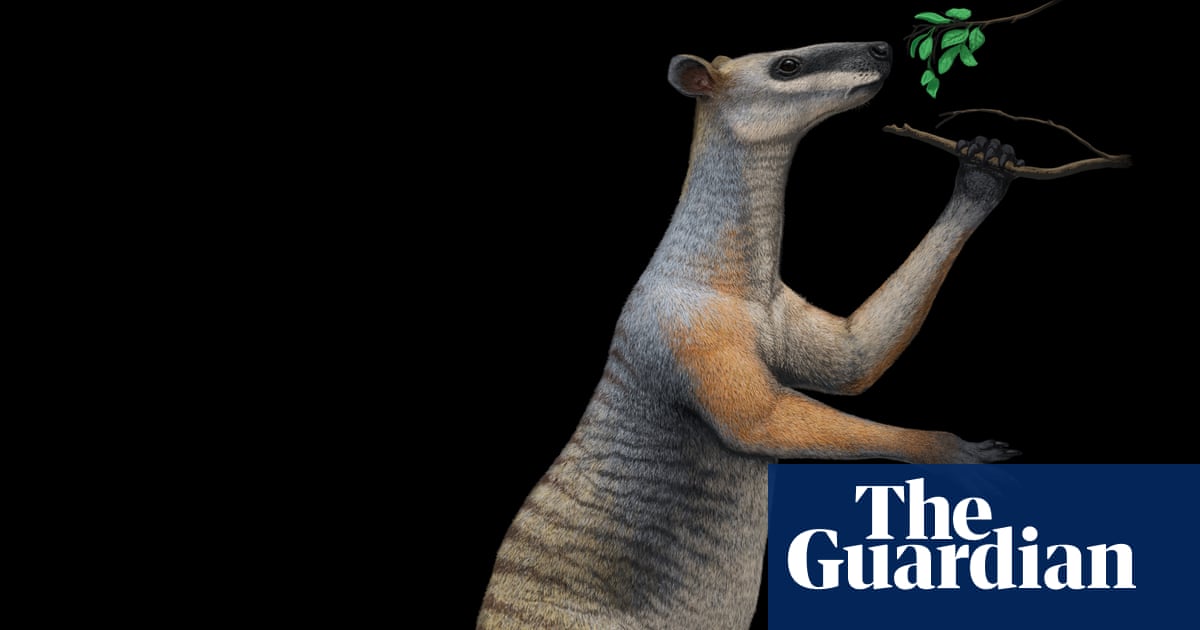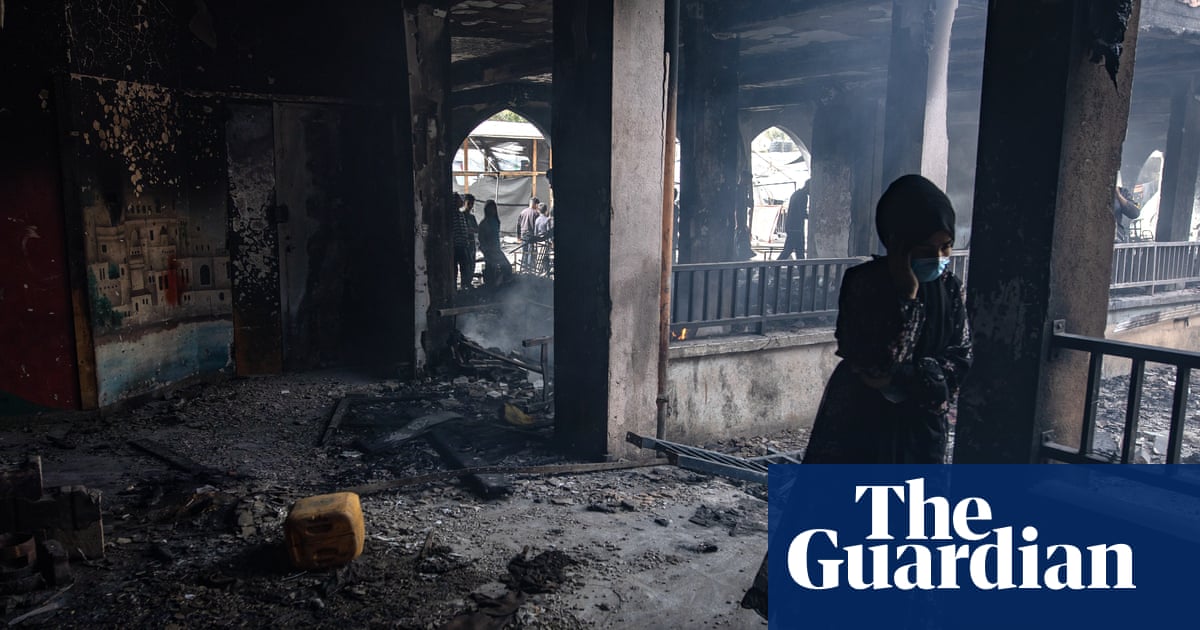So King Charles is working on a feature-length documentary for Amazon Prime Video, which will apparently detail his philosophy on how to “transform people, places and ultimately the planet”. Times have changed. Before, you waited years for a royal TV project – now they all come along at once.
The royal documentary of old was a rare event, eagerly looked forward to, cherished and lovingly analysed – by royalists at least – for years to come: think of the BBC and ITV’s Royal Family in 1969. Now they’re ubiquitous, what with Harry and Meghan’s Netflix programmes – including how to lay a dining table in someone else’s house in California by Meghan – not to mention Channel 5’s endless Saturday night royal documentaries.
There seem to be almost as many Windsors as Kardashians on screen, with shows ranging from the gripping tale of Kate “as you’ve never seen her before” to William and Harry: “Can their bond ever be mended?” If you count Prince Andrew: “Where did it all go wrong?”, you have the whole gamut of viewing pleasure. I shouldn’t complain: I’ve been asked occasionally to appear on these types of programmes. There’s quite a cottage industry of royal watching out there.
The king’s documentary will be altogether less frivolous than the fast-cut shows with talking heads. It will be an exposition of his philosophy, about how his enthusiasms and views on nature, the environment and architecture are linked and could be harnessed to transform the world. He actually wrote a book outlining these ideas 15 years ago, a lavishly illustrated coffee-table tome titled Harmony: A New Way of Looking at Our World. The then prince claimed: “This is a call to revolution. Revolution is a strong word, and I use it deliberately. The many environmental and social problems that now loom large on our horizon cannot be solved by carrying on with the very approach that has caused them.”
If that was a hard sell then, how much harder it will be in this world of Donald Trump and Elon Musk – and indeed Jeff Bezos, Amazon’s founder. Bezos’s Prime Video channel, home to myriad delights including Clarkson’s Farm, is an interesting choice for the monarch – one that was apparently pondered hard by the king and his advisers. Rival Netflix, which has invested so heavily in Charles’s errant younger son and daughter-in-law, will certainly be put out, but Charles’s cri de révolution could hardly be posted alongside Harry’s documentary about how much he loves polo, even though that is an enthusiasm he still shares with his father. It’s worth noting that Prime Video is the channel that last year gave us the three-part drama A Very Royal Scandal, about Prince Andrew’s car-crash interview with the journalist Emily Maitlis on his relationship with the late Jeffrey Epstein. Did Charles go to Amazon despite that, or because of it?
Undoubtedly he will have been keen to get his transformational message out to the widest possible audience, and for that, he clearly needed an international outlet. It will be a carefully crafted and expensive job: filming started last month and is taking place through the summer, partly at Dumfries House, the Palladian mansion in Ayrshire that the king helped to save for the nation through a charitable grant from his foundation in 2007. The programme will be broadcast either later this year or early next.

Will Charles and a revolutionary vision transfer well to the screen? He is a man who does not take direction easily, and his relationship with television has been chequered, to say the least. It’s largely forgotten now, but way back in 1994 he got into almost as large a pickle as Andrew when he admitted to committing adultery with Camilla Parker Bowles, then his mistress and now his queen, in the course of an ITV documentary about his life by Jonathan Dimbleby.
A lot of water has flowed under the bridge in the past 30 years, but the king’s relationship with the media has often been prickly: remember his spat in 2005 with the inoffensive Nicholas Witchell, the BBC’s then royal correspondent: “These bloody people. I can’t bear that man. I mean, he’s so awful, he really is.” Witchell had merely asked what his sons, sitting beside him, thought of their father’s forthcoming wedding to Camilla. One was less amused by journalism back then.
The king is more placid and secure these days. But he is also an elderly man in a hurry: as king for only two years and having had a cancer scare, he might very well see his TV opus as a sort of testament to issues on which he has been banging a sometimes lonely drum for 50 years.
The worldwide audience will be huge, but what will the men who could really make a difference – the oligarchs, autocrats and populists now running the western world – make of it? It could give Trump, for whom no oil-well is too closed or small, a private moment of discomfort when he achieves his ambition of another state visit to Britain. But don’t hope for too much: unless Charles takes his TV message to Fox News, Trump probably won’t even see it.
-
Stephen Bates is a former Guardian royal correspondent and author of Royalty Inc: Britain’s Best-known Brand

.png) 2 months ago
38
2 months ago
38
